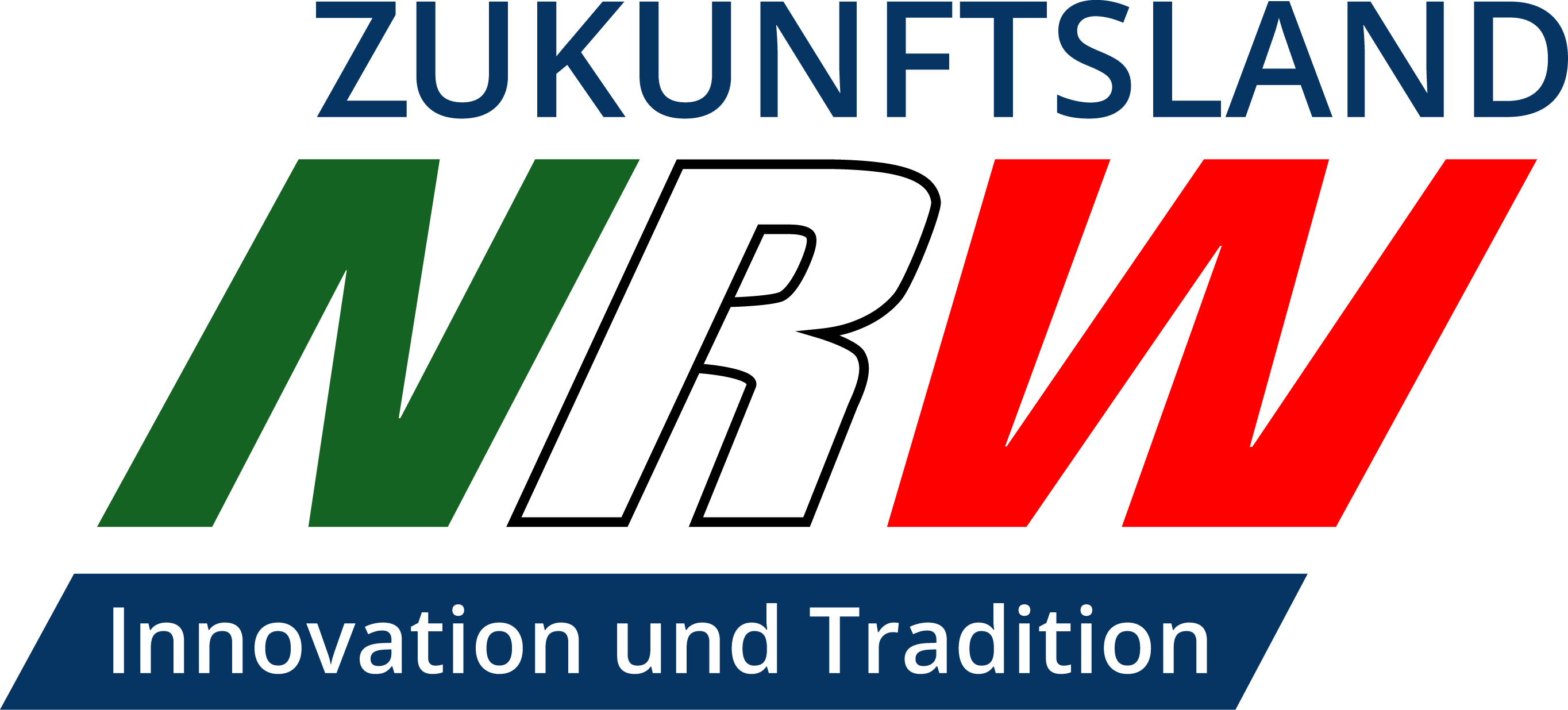This study examines in detail the characteristics and potentials of distributed ledger technologies (DLT). The best-known manifestation of these distributed ledger technologies are blockchains. Through its decentralised architecture and consensus mechanism, the blockchain is forgery-proof and offers unambiguous assignability of ownership. Tokenisation creates new opportunities for the digitisation and transfer of value over the internet and processes can be automated through smart contracts.
So far, blockchain technology has mainly been used in the crypto sector, but regulatory clarity in areas such as the traditional financial industry is creating new application possibilities here as well. In Germany and the EU, steps are already being taken to regulate cryptocurrencies and the use of blockchain technology in traditional assets. In order to map digital assets such as shares, real estate, debt instruments, currencies or crypto assets, for example, blockchain technology is perfectly suited. For this reason, use cases in the area of finance have grown strongly in recent years.
The study also provides an overview of the applications of DLT in the real economy, such as pay-per-use models in the manufacturing industry and solutions in supply chain management, as well as the use of CO2 certificates. Current regulatory developments and case law in Germany and the EU are also highlighted, as well as an outlook on the further development of DLT in the context of topics such as the Metaverse, Non-Fungible Tokens (NFT) and Web 3.0.
You can read the entire token study as a PDF here.
Please note that to date, the publication is only available in German.




